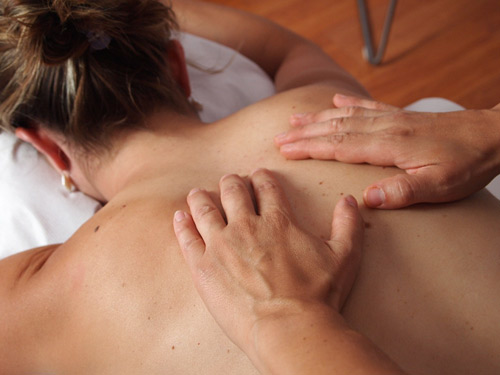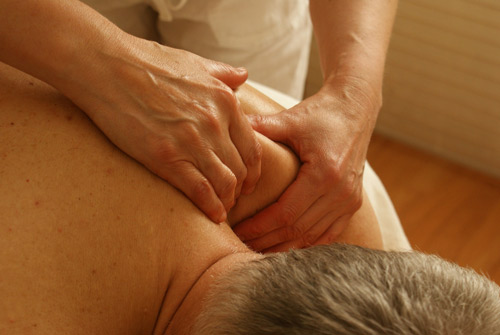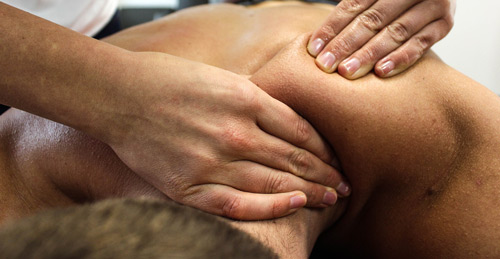November 10, 2017
What you can expect during a massage

You don’t need any special preparation for massage. Before a massage therapy session starts, your massage therapist should ask you about any symptoms, your medical history and what you’re hoping to get out of massage. Your massage therapist should explain the kind of massage and techniques he or she will use.
In a typical massage therapy session, you undress or wear loose-fitting clothing. Undress only to the point that you’re comfortable. You generally lie on a table and cover yourself with a sheet. You can also have a massage while sitting in a chair, fully clothed. Your massage therapist should perform an evaluation through touch to locate painful or tense areas and to determine how much pressure to apply.
Depending on preference, your massage therapist may use oil or lotion to reduce friction on your skin. Tell your massage therapist if you might be allergic to any ingredients.
A massage session may last from 10 to 90 minutes, depending on the type of massage and how much time you have. No matter what kind of massage you choose, you should feel calm and relaxed during and after your massage.
If a massage therapist is pushing too hard, ask for lighter pressure. Occasionally you may have a sensitive spot in a muscle that feels like a knot. It’s likely to be uncomfortable while your massage therapist works it out. But if it becomes painful, speak up.

The take-home message about massage
Brush aside any thoughts that massage is only a feel-good way to indulge or pamper yourself. To the contrary, massage can be a powerful tool to help you take charge of your health and well-being, whether you have a specific health condition or are just looking for another stress reliever.


Leave a Reply